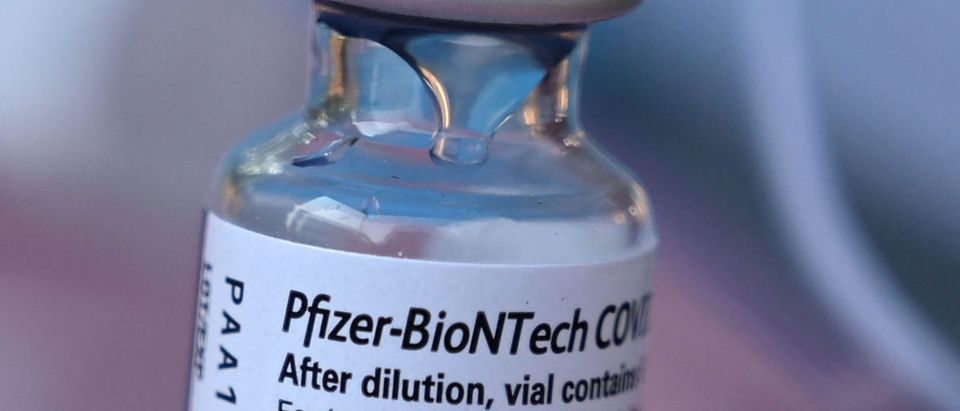Two outgoing top vaccine officials at the Food and Drug Administration (FDA) signed a letter Monday in the Lancet arguing that the current evidence does not support a need for widespread COVID-19 booster shots in the U.S.
Marion Gruber, the director of the Office of Vaccines Research & Review (OVRR), and Phil Krause, the deputy director of the OVRR, signed the letter, which argues that rushing to implement boosters too soon in the general population could do more harm than good. Gruber and Krause are both retiring from their posts before the end of this year, reportedly due at least in part to disagreements with the Biden administration and the Centers for Disease Control and Prevention (CDC) on vaccine booster approval.
NEW—Even for the #DeltaVariant, vaccine efficacy against severe #COVID19 so high that booster doses for general population are not appropriate at this stage in the pandemic.
Expert review of evidence to date by intl. group of scientists: https://t.co/3gytNuwrw9 #VaccinEquity pic.twitter.com/gsZbjLeJjW
— The Lancet (@TheLancet) September 13, 2021
“Current evidence does not, therefore, appear to show a need for boosting in the general population, in which efficacy against severe disease remains high,” the letter, originally drafted by Krause, reads. “Even if humoral immunity appears to wane, reductions in neutralising antibody titre do not necessarily predict reductions in vaccine efficacy over time, and reductions in vaccine efficacy against mild disease do not necessarily predict reductions in the (typically higher) efficacy against severe disease.”
President Joe Biden has already publicly announced that boosters should be available to the general public sometime in September, and the White House’s top medical adviser, National Institute for Allergy and Infectious Disease head Dr. Anthony Fauci, has publicly argued that boosters will be needed down the road as vaccine efficacy wanes.
The signees of the new Lancet letter, which include 18 total medical experts, agree with the administration that boosters can be helpful for the immunocompromised and others who do not acquire an adequate immune response from their full vaccination: “Boosting could be appropriate for some individuals in whom the primary vaccination, defined here as the original one-dose or two-dose series of each vaccine, might not have induced adequate protection—eg, recipients of vaccines with low efficacy or those who are immunocompromised.”
“It is not known whether such immunocompromised individuals would receive more benefit from an additional dose of the same vaccine or of a different vaccine that might complement the primary immune response,” the letter continues.
The FDA previously approved booster doses for the immunocompromised. (RELATED: ‘Will You 100% Follow The Science?’: Dana Bash Challenges White House Chief Of Staff On Pushing COVID Boosters)
The letter also leaves open the window for full approval for general population boosters in the future, but argues that the data is not yet there to support that policy: “Boosting might ultimately be needed in the general population because of waning immunity to the primary vaccination or because variants expressing new antigens have evolved to the point at which immune responses to the original vaccine antigens no longer protect adequately against currently circulating viruses.”
The authors expressed concern that a rushed booster approval may do more harm than good. Increased side effects from boosting could reduce vaccine acceptance, and current vaccine supplies could save more lives if given to the unvaccinated first, they argue.



